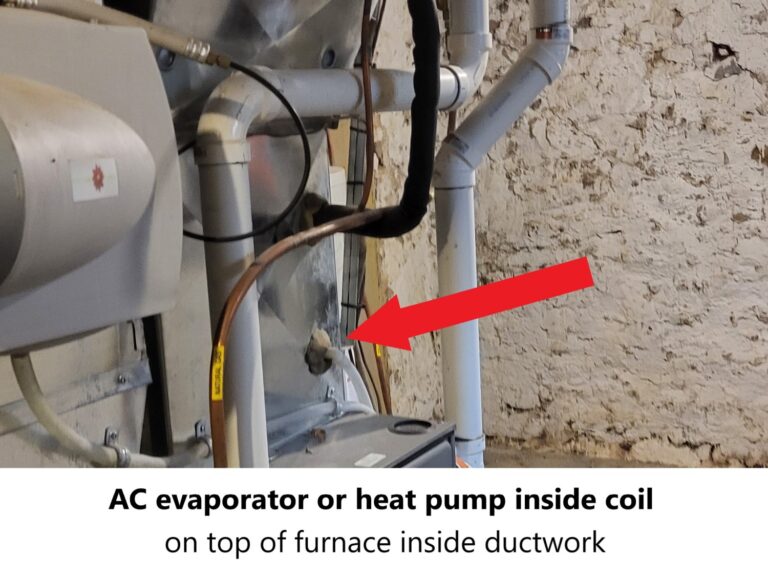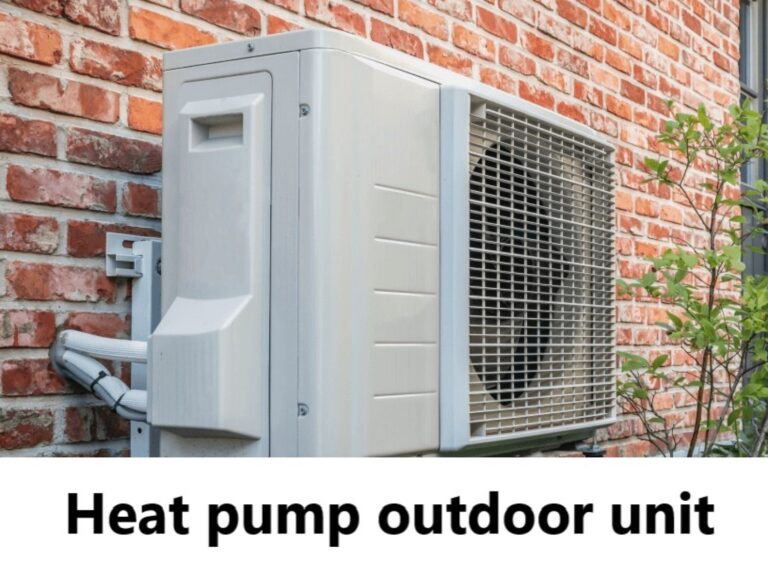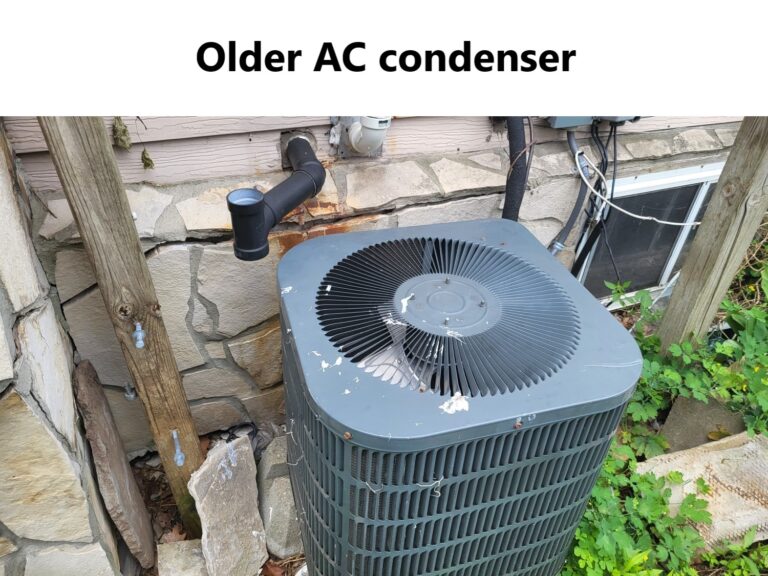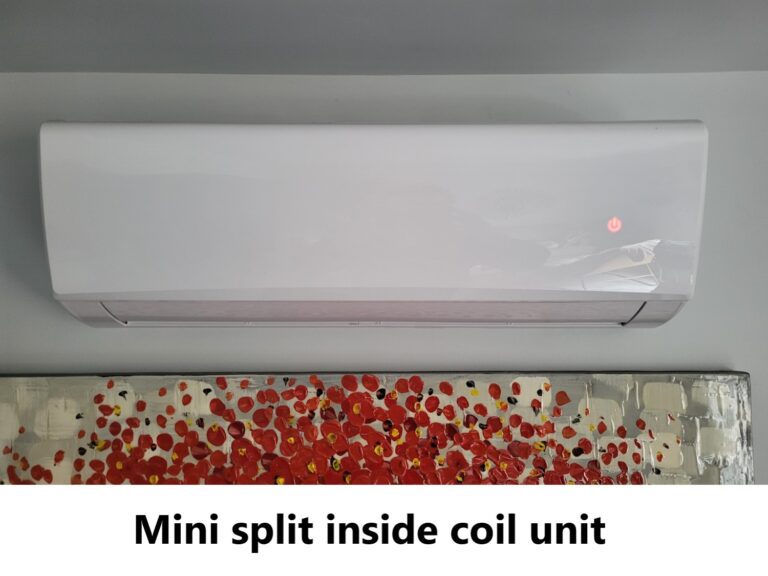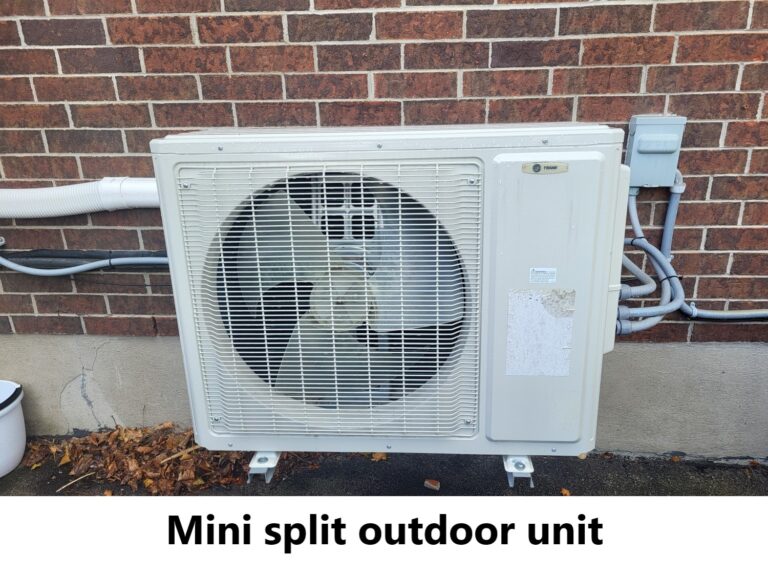Should you get a heat pump? Is it a good idea? Enbridge and the government are constantly pushing this technology, and offer substantial rebates if you install one. But what exactly is a heat pump and will it save you money? Why should you buy one?
Green?
Heat pumps are marketed as a green technology that’s good for the planet, and to a degree this is true. I included this caveat because the energy source of the electricity used by the heat pump needs to be non-fossil fueled. A heat pump running on coal fired electricity wouldn’t be green at all. Luckily in Ontario the bulk of our electricity comes from nuclear or hydro, with only a smallish portion generated by natural gas.
How It Works
In the simplest terms a heat pump in an air conditioner that can run in reverse to provide heating in cool weather. Heat pumps (and air conditioners) rely on the physical principle that compressing a gas into a liquid releases heat, and if you then turn that liquid back to gas via expansion, the liquid will get cold.
With a typical AC, the outside component at the side or back of your house is called the condenser as it is responsible for turning the hot compressed refrigerant gas pumped from the compressor back into a liquid. This is done with a powerful fan that blows outside air over the refrigerant piping, cooling it and the gas inside.
The hot, now liquid, refrigerant flows back into the house, but runs through a device called an expander first. This lowers its pressure and temperature substantially. The low pressure brings it very close to its boiling point which is important for the next step.
The cold refrigerant then passes through the evaporator, usually located immediately above your furnace. The fan blower in your furnace blows warm air through the cold evaporator tubing, cooling the air down in the process as the liquid refrigerant begins to boil into a gas again. The cooled air circulates through your house via the ductwork. The refrigerant gas returns to the compressor pump where it is recompressed and the cycle repeats.
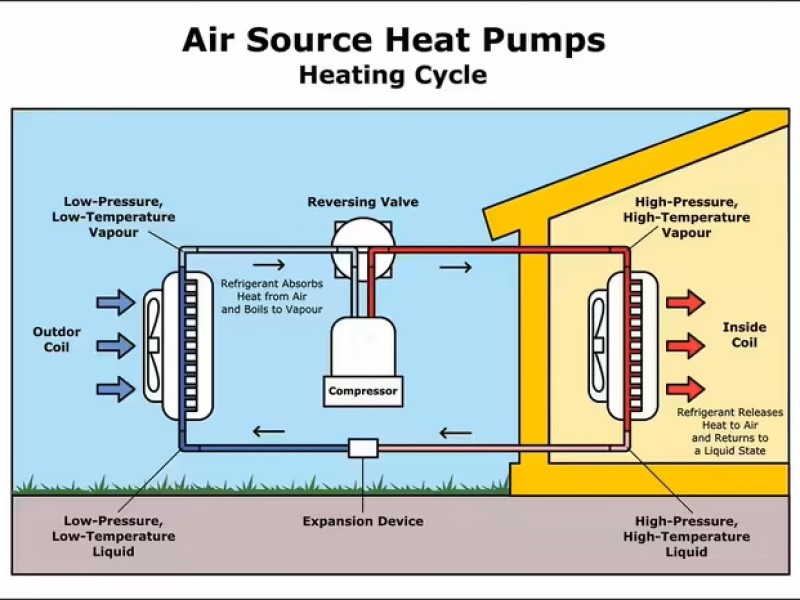
Heat Pump vs. AC
A heat pump uses this exact process in the summer to cool. In the winter the gas and liquid flow is reversed. The condenser and evaporator switch roles, picking up heat from the outside air and taking that energy inside to your home. Being these two components can do both functions they are known as the inside and outdoor coils instead. There’s a crazy bit of physics going on, that’s for sure. Stand beside the outdoor coil while it is running in evaporator mode in the winter and you’ll feel truly ice-cold air blowing on you even in freezing temperatures.
Savings?
Now that you know how it works, will it save you money? There are a lot of factors to consider so there isn’t actually a concrete answer. For starters, it depends on the type of heating you currently have, the price of electricity and the price of the fossil fuels you are using if you use some form of combustion heating.
The last factor is the heat pump itself. There’s plenty to consider here as well.
Start with the energy ratings provided by the manufacturer. SEER (Seasonal Energy Efficiency Ratio) measures cooling efficiency. Higher is better. HSPF (Heating Seasonal Performance Factor) measures heating efficiency. Again, higher is better.
Pick a variable speed compressor that adjusts speed automatically based on heating or cooling needs, using less electricity compared to single-stage or two-stage compressors which operate at one or two fixed speeds.
Newer models are generally more efficient than older ones, and high-efficiency models can be had at a higher price point. Ductless mini-split systems can achieve very high SEER ratings.
You could also look at the coefficient of performance (COP). This metric shows how much heat a unit transfers per unit of electrical energy consumed, with a higher COP meaning greater efficiency. For example, a heat pump with a COP of 3 produces three times as much heat as the electricity it uses.
Backup Heat
In Ontario, the majority of heat pump installations use a backup furnace fired by gas for the coldest days. The home’s thermostat is typically programmed to run the home’s heating via the heat pump down to about 8 C. The system will typically switch over to the gas furnace during colder temps where heat pump efficiency begins to fall off.
Performance
Now having said all that, will a heat pump save you money? Let’s assume that you get the best air to air model you can afford. If you are comparing it to a high efficiency forced air gas furnace, you’ll see limited savings due to low gas costs and high electricity prices.
A heat pump of any type will easily beat anything else on operating costs, such as an older electric, gas or oil forced air furnace, radiant hot water, or electric baseboards.
If you don’t have forced air heating with duct work a mini split heat pump is a viable alternative. They offer high efficiency in a compact space.
A heat pump is also substantially more efficient than an AC, so you’ve got the added benefit of more affordable cooling in the summer months as well.
Rebates
But the high initial purchase and installation cost is a big reason many homeowners are reluctant to switch over. A heat pump and auxiliary furnace combo can easily hit $14,000 while a typical AC and furnace install can be well under 10 grand. But the picture is vastly improved when homeowners take advantage of the generous funding I mentioned at the start of the post. Rebates of between 5 to 7,000 dollars are pretty typical.
So, dollars to dollars, if you’re in need of a new furnace or new AC, then yes, get a heat pump. Be sure to do your homework first. Get informed and hire a reputable well-informed contractor to perform the work. Remember to ask lots of questions, including rebates, and get 3 quotes, not one, before deciding who to go with.

